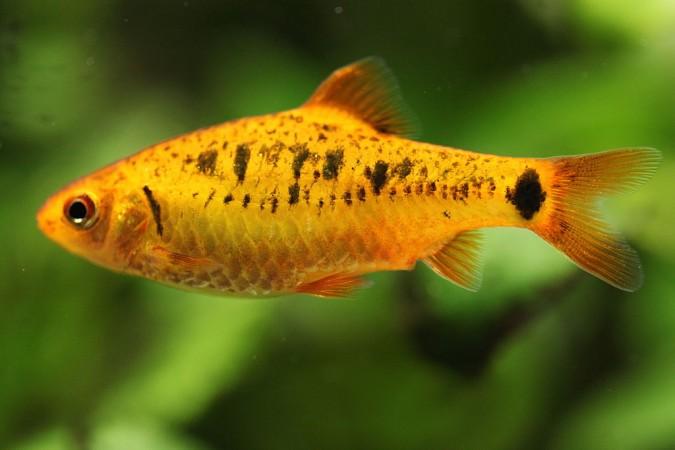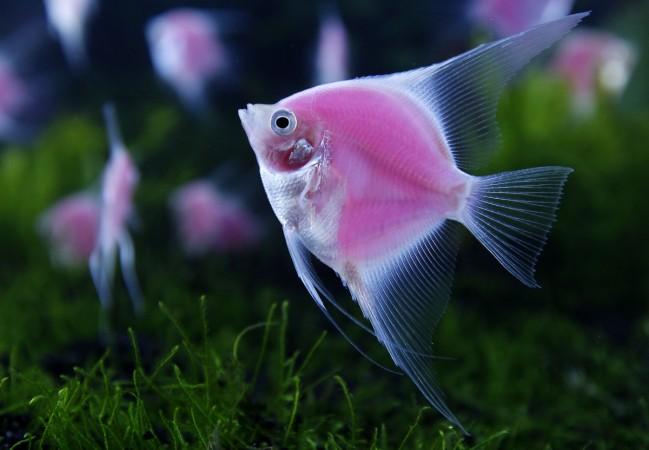Chennai's Kolathur, one of the international chief hubs of ornamental fish trade, can barely recognise itself anymore. Once a buzzing spot where amateur photographers, vloggers and travel influencers came in hordes to profile the spectacular aquatic life, is almost a dead end now. Ever since the pandemic came upon, shutters came down early, while some shops are hardly open.

One of the many industries and hubs to have not just suffered the onslaught of the pandemic, but also the governmental neglect.
The trivia
Not long ago, Kolathur was among South East Asia's best in the ornamental fish trade. Known to house 300 species of aquariums fish, the area also hosts over 1,000 fish breeding tanks and employs over 15,000 people directly or indirectly. The fish bred in Kolathur is exported to many Southeast Asian countries, while some are also sold in South India. China is the major exporter of aquatic equipment to Kolathur.
As per a report in Chennai's Citizen Matters, before the lockdown, Kolathur market had a turnover of Rs 1 crore a day. A staggering 90 percent of this turnover came from exports of aquatic equipment. The traders admit to having lost 50 percent of the business during the lockdown.
Sales turnover reduced to half and lack of retail customers is not the only hardship suffered by those invested in the industry. For many of them, difficulty in accessing fish fodder during lockdown meant the fish in their ponds couldn't survive.
"The challenge in this business is to fetch fish fodder which is mostly worms. By training the breeders to produce fodder, the production can be increased to meet the existing demand now," said P Moses Shankar, geologist and a store owner in the market, to Citizen Matters.

Road to recovery
Many aquaculture farmers demand that they be included in MSME (Micro, Small and Medium Enterprises) sector which will allow them subsidies, especially the one in electricity charges. Many in the industry also feel that an ornamental fish park with a large number of shops, could give it the much-needed new lease of life and attention. And maybe, put it at par with international ones like Singapore.
Madhavaram Aquatic Rainbow Mall came about, as a part of the Aquatic Rainbow Technology Park managed by the Tamil Nadu Dr J Jayalalitha Fisheries University, but that houses a total of about 40 shops, which is not enough to house all the shopkeepers.
Once the pandemic is over and public confidence returns, there is also an immediate need to govern the practices in the market. Fisheries Department needs to step in and get more engaged in making sure that breeders resort to healthy practices of rearing fish. Certain laws need to be developed to ensure the implementation and check malpractices.
But for now, the daily sales figure that will put food on their table is the immediate concern.














